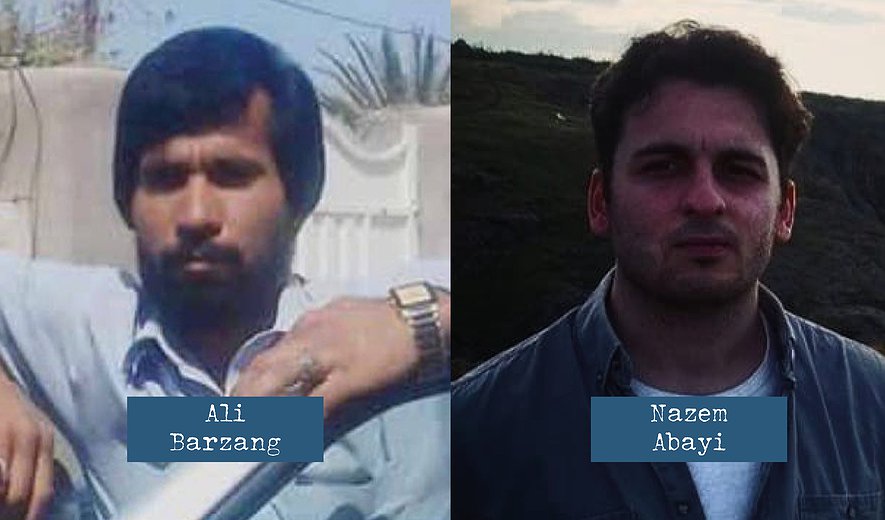Nazem Abayi and Baluch Ali Barzang Executed in Isfahan

Iran Human Rights (IHRNGO); October 18, 2023: Nazem Abayi and Baluch Ali Barzang were executed for drug-related charges in Isfahan Central Prison.
According to information obtained by Iran Human Rights, at least two men including a Baluch minority, were executed in Isfahan Central Prison on 17 October. Their identities have been established as 40-year-old Ali Barzang (Chaman) and 32-year-old Nazem Abayi who were both on death row for drug-related charges.
An informed source told Iran Human Rights: “Ali Barzang was from Rigan county in Kerman province and had been arrested around four years ago. He was a father of four. Nazem Abayi was from Shahin Shahr in Isfahan and was arrested and sentenced to death around two years ago. He had married four months prior to his arrest.”
A man sentenced to qisas (retribution-in-kind) for murder was transferred for execution with Nazem and Ali but there is no news of his fate at this time.
At the time of writing, their executions have not been reported by domestic media or officials in Iran.
Drug-related executions have continuously risen every year for the past three years. At least 305 people were executed for drug-related charges between 1 January-10 October 2023, a 69% increase compared to the same period in 2022, and the number of drug-related executions in 2023 were close to 20 times higher than 2020.
The number of drug executions dramatically dropped in 2018 following a 2017 Amendment to the Anti-Narcotics Laws. Consequently, drug executions ranged between 24-30 per annum between 2018-2020. The Amendment was reversed in practice in 2021 when executions increased ten-fold to 126 in 2021 and doubled again in 2022 with 256 drug-related executions. On 13 September 2023, IHRNGO reported a 94% rise in the number of drug-related executions in the year following the start of the “Woman, Life, Freedom” movement in September 2022.
Read IHRNGO's report on drug-related executions for the occasion of World Day Against the Death Penalty on 10 October 2023:

